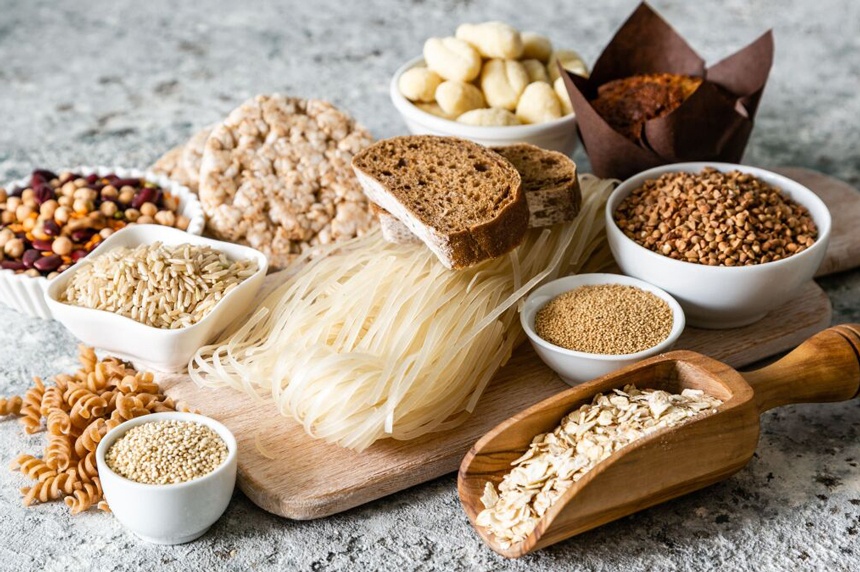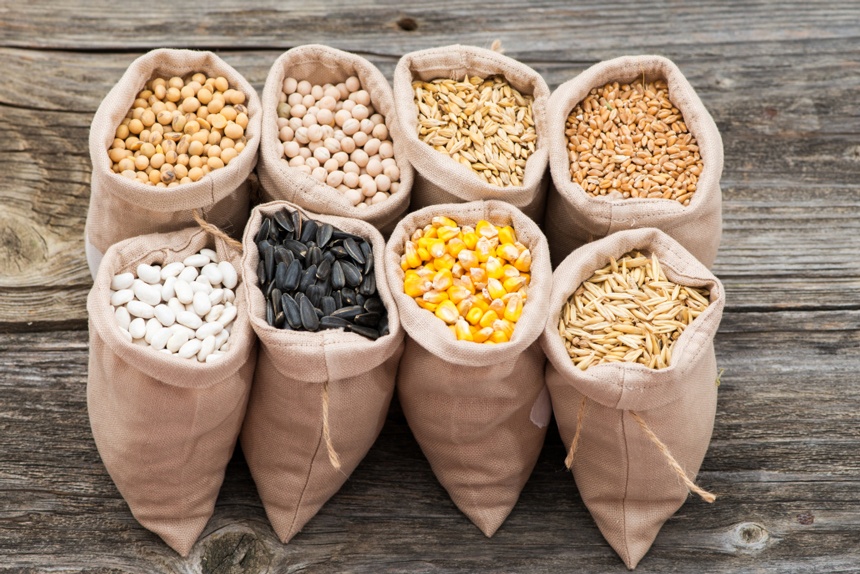Alcohol

Reduce your intake of alcoholic beverages, as excessive alcohol consumption can worsen MS symptoms and interfere with medication effectiveness. Alcohol can impair cognitive function, disrupt sleep patterns, and contribute to fatigue, making it detrimental for individuals with MS. If you choose to drink alcohol, do so in moderation and consult with your healthcare provider regarding safe consumption levels.
Gluten-Based Foods (For Those with Celiac Disease)

Individuals with MS who also have celiac disease should avoid gluten-based foods such as wheat, barley, rye, and products containing gluten, as they can trigger digestive symptoms and worsen MS-related inflammation. Instead, choose gluten-free alternatives like rice, quinoa, gluten-free oats, and certified gluten-free products to support digestive health and overall well-being. Always read food labels carefully and avoid cross-contamination to prevent gluten exposure.
High-Lectin Foods (For Those Following the Wahls Elimination Diet)

Individuals following the Wahls Elimination Diet should avoid high-lectin foods such as grains, legumes, nightshades, and dairy, as they may exacerbate inflammation and autoimmune symptoms. Instead, focus on consuming nutrient-dense foods like vegetables, fruits, lean proteins, and healthy fats to support overall health and MS management. Experiment with alternative ingredients and cooking methods to create delicious meals aligned with the Wahls Elimination Diet guidelines.





